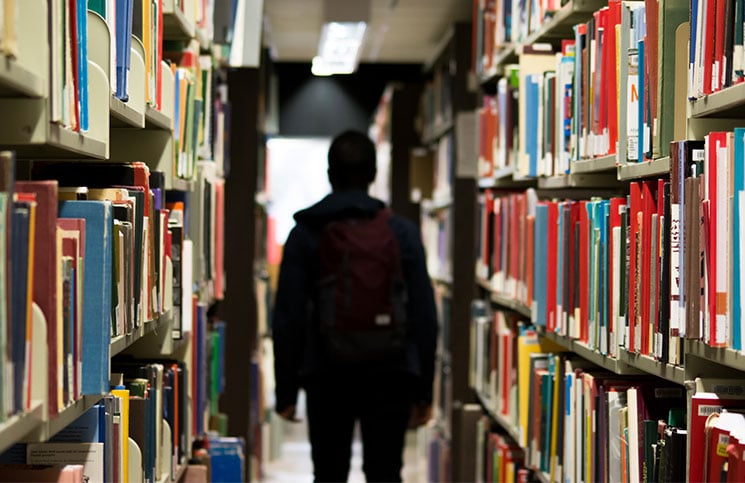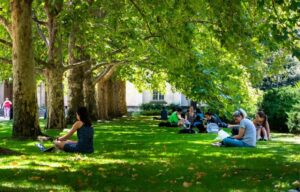The Federal Government must develop a new funding strategy where universities should not have to depend on uncertain and dwindling international student fees to underpin key research, according to international course provider Study Group.
A statement by Study Group said universities around the world, including leading Australian universities, draw on income from international student fees to fund important, life-changing research. Along with research councils, medical foundations and not-for-profits, international student fees provide a critical, but often unrecognised, funding pipeline for wide-ranging research programs.
Study Group Australia director Alex Chevrolle said now was time for the new Government to develop a comprehensive research funding strategy that shifts this onus.
“International students are a critical part of a healthy, prosperous Australia for all,” says Mr Chevrolle.
“We have a chance to reset our reputation as a leading education destination, but it will require changing the way we view these students – not as economic commodities, but as individuals who make a significant contribution to Australian society.”
ALSO READ: Why These Women Knew An MBA Was Right For Their Career – 4 Women Share Their Journey
According to Study Group, in 2021, due to COVID-19 restrictions, international student enrolments in Australia fell 13 per cent. Government figures also show that in 2019-20, total investment in research and experimental development as a percentage of GDP fell to 1.79 per cent, down from 2.1 per cent in the previous decade and below the OECD average.
Study Group said changes to degree funding implemented by the previous government as part of the Job Ready Graduate (JRG) reforms have exacerbated research funding pressures for universities. These reforms are in need of urgent reassessment, says Mr Chevrolle.
The JRG changes radically altered how the Commonwealth funds degrees and the costs that students are required to pay. Student fees for popular courses like humanities and arts were increased 110 per cent, and fees for courses delivering much-needed skills like teaching, nursing, science and engineering were cut by 20 to 60 per cent to direct more students to those courses.
But pressure on funding and operational costs has seen some universities reluctant to enrol students in high-cost degree programs, like sciences and engineering, because of inflation and rising energy prices.
Pressures on the financial bottom line also create an incentive for universities to replace domestic students with international students because of the higher fees they attract.
In 2020, the UK’s Higher Education Policy Institute (Hepi) shone a spotlight on the extent to which international student fees plugged the university research gap in the UK. The shortfall totalled 4.3 billion pounds (approximately $7.6 billion) across the UK – an amount covered by international student fees.
Mr Chevrolle says to avoid this situation evolving in Australia, a comprehensive and well-designed funding program is vital to support Australian universities to continue their world-class research programs. He says this should not be dependent on fluctuating international student fees.
This year, Australia is set to welcome back almost 60,000 international students with a further 50,000 student visa applications. While this is good news for Australia’s economic and cultural diversity, Mr Chevrolle says these students should not be viewed purely through the lens of what their fees will contribute to research initiatives.
“Considering the negative impacts of COVID-19, it’s time to double our efforts to make international students feel welcome and positive about considering Australia as a potential new home once again,” he says.
“Of course, we are aware of the significant economic benefits international students deliver to our education systems and economy more broadly, but we need to more fully recognise that they also make an important contribution to the cultural diversity that knits together the very fabric of Australia.”







